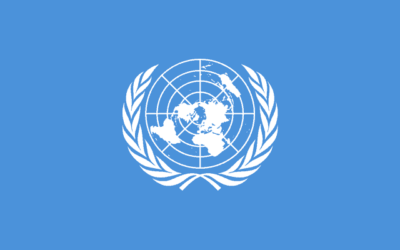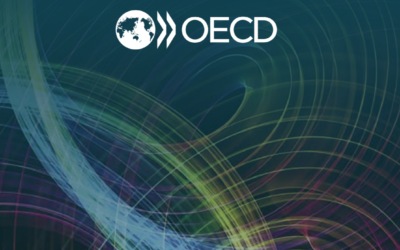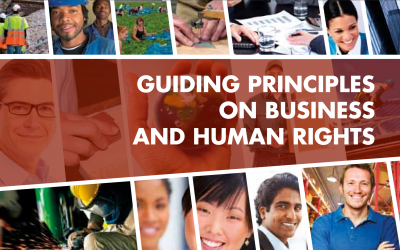Как указано в Руководящих принципах ООН, должная забота о правах человека – это процесс выявления, предотвращения, смягчения последствий и представления отчетности о том, как предприятия устраняют свое неблагоприятное воздействие на права человека. Это включает как фактические воздействия, происходящие в настоящем, так и потенциальные воздействия, которые могут произойти в будущем. Ключевым компонентом должной заботы о правах человека является конструктивное взаимодействие с заинтересованными сторонами, особенно с правообладателями, такими как сотрудники, члены сообщества, работники цепочки поставок и потребители.
Процесс должной заботы о правах человека включает четыре основных компонента: выявление и оценка фактического или потенциального неблагоприятного воздействия на права человека, которое может оказывать компания или которому она может способствовать в рамках своей деятельности или которое может быть непосредственно связано с ее деятельностью; принятие соответствующих мер и интеграция результатов оценок воздействия в соответствующие процессы компании; отслеживание эффективности мер, чтобы оценить, работают ли они; и общение с заинтересованными сторонами о том, как устраняется неблагоприятное воздействие, и демонстрация заинтересованным сторонам наличия адекватных политик и процессов.
Должная забота о правах человека помогает компаниям избегать негативного воздействия на права человека и, таким образом, управлять своими рисками и репутацией. Компании, которые реагируют должным образом на свои риски для прав человека, могут столкнуться с сильным сопротивлением сообщества, что в конечном итоге может привести к потере иностранных инвестиций и / или полному прекращению деятельности.
Для получения дополнительной информации посетите портал, посвященный должной заботе о правах человека, Ресурсного центра по вопросам бизнеса и прав человека.








